Lab Equipment and Safety Symbols
1/40
Earn XP
Description and Tags
Vocabulary flashcards covering laboratory safety symbols and common lab equipment.
Name | Mastery | Learn | Test | Matching | Spaced |
|---|
No study sessions yet.
41 Terms
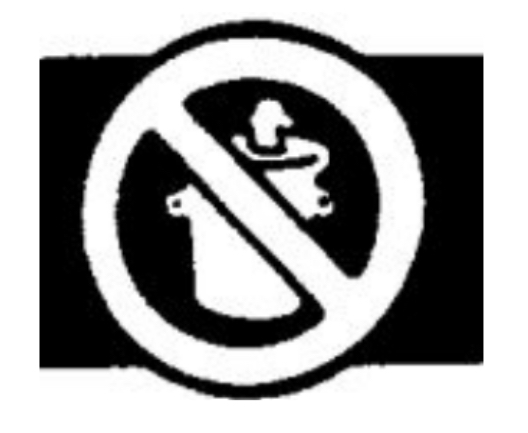
Disposal Alert
Safety symbol indicating materials that require specific, proper disposal procedures.
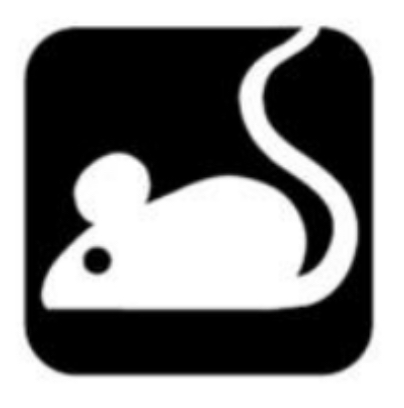
Animal Safety
Symbol shown when live animals are used and must be handled ethically and carefully.
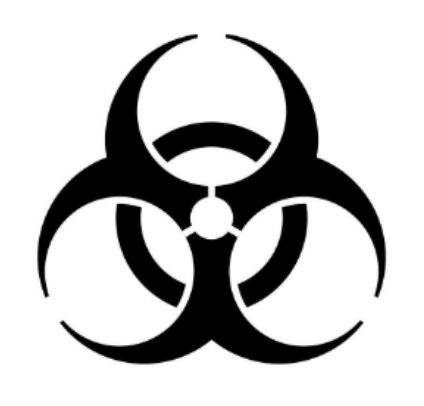
Biological Hazard
Warning symbol for dangerous biological substances such as bacteria, viruses, or other pathogens.
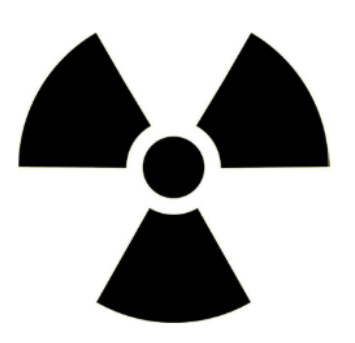
Radioactive Safety
Symbol indicating the presence of radioactive materials requiring special precautions.
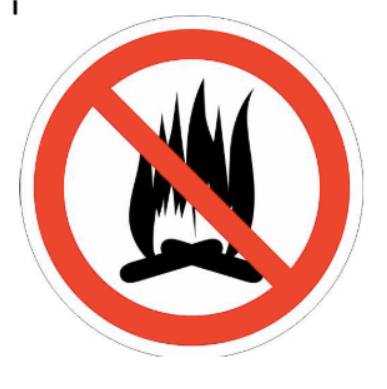
Open Flame Alert
Symbol shown when open flames are present and caution is necessary to avoid burns or fires.

Clothing Protection Safety
Symbol indicating aprons or protective clothing should be worn to prevent staining or burning garments.

Thermal Safety
Symbol warning that hot objects are present and must be handled carefully to avoid burns.
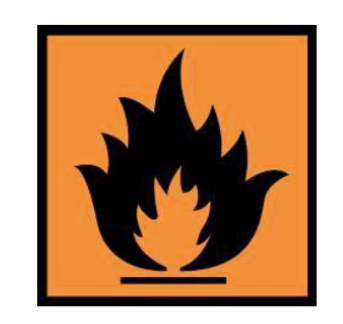
Fire Safety
Symbol reminding users to exercise caution around open flames and flammable materials.

Sharp Object Safety
Symbol indicating sharp tools or glass are in use and can cause cuts or punctures.

Explosion Safety
Symbol warning that improper use of materials could cause an explosion; extra caution required.

Fume Safety
Symbol indicating chemicals may release harmful fumes; work in a fume hood or ventilated area.

Eye Safety
Symbol showing eye protection must be worn to prevent injury to the eyes.

Electrical Safety
Symbol warning that electrical equipment is in use and shock hazards exist.
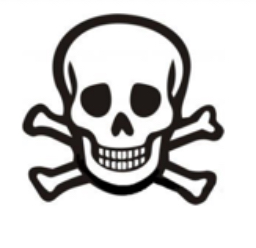
Poison Safety
Symbol indicating poisonous substances are present and must be handled with extreme care.

Plant Safety
Symbol reminding users to handle plants that may be irritating or toxic with caution.

Chemical Safety
Symbol indicating chemicals that can burn, corrode, or poison skin are in use; handle carefully.
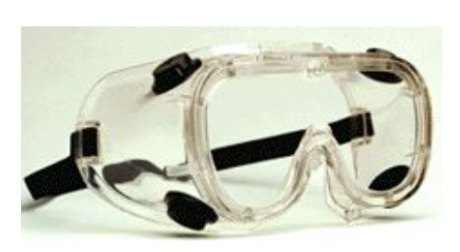
Goggles
Protective eyewear that shields eyes from chemicals, heat, or flying debris.
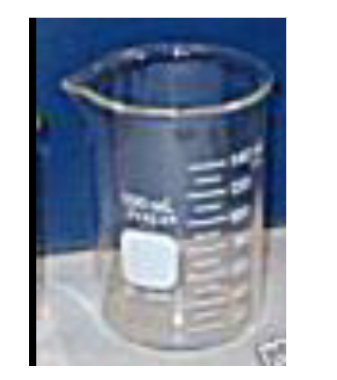
Beaker
Cylindrical glass container used to hold, mix, or heat liquids in the lab.
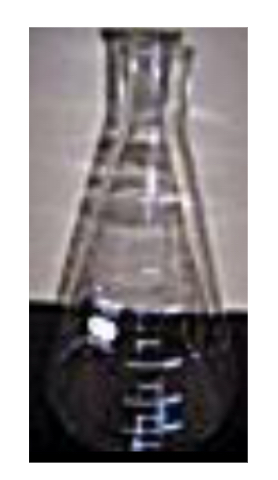
Erlenmeyer Flask
Cone-shaped flask useful for mixing by swirling and for heating solutions without spilling.
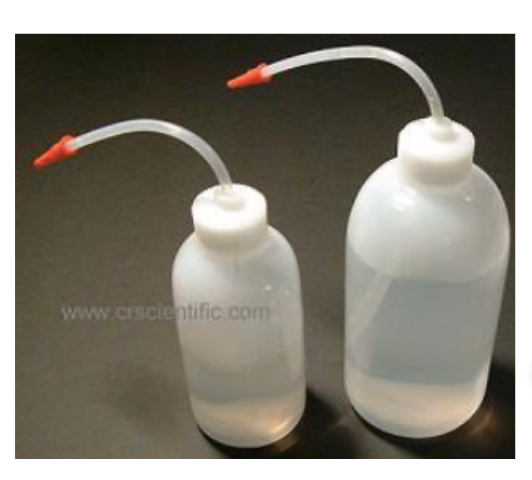
Wash Bottle
Plastic squeeze bottle used to dispense distilled water for rinsing or adding liquids.
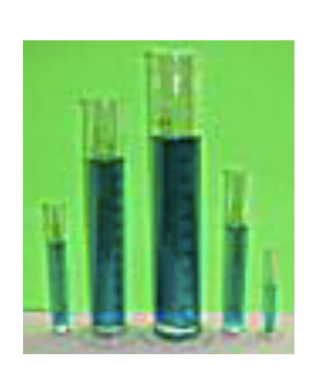
Graduated Cylinder
Tall, narrow cylinder marked with volume graduations for precise liquid measurements.
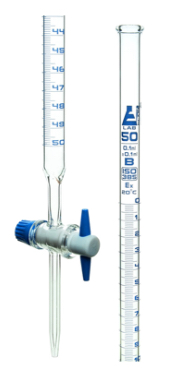
Burette
Long, graduated glass tube with a stopcock used to deliver measured volumes in titrations.
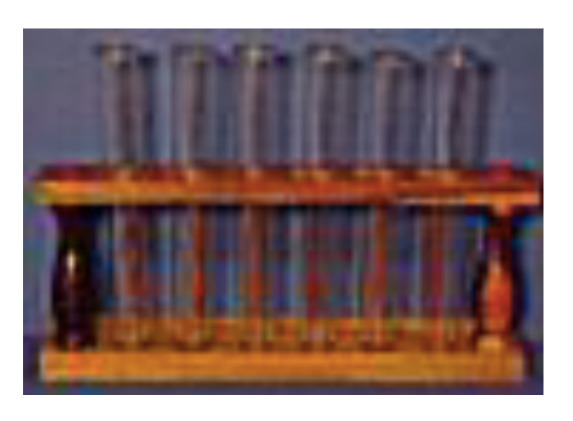
Test Tube
Small glass tube used to hold, heat, or mix small quantities of substances.
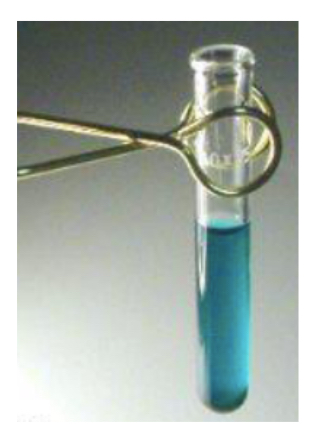
Test Tube Holder
Spring-loaded clamp used to grasp and hold hot test tubes safely.
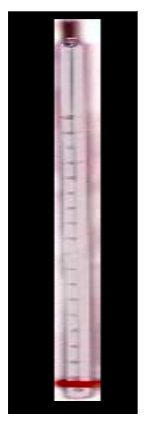
Thermometer
Instrument used to measure temperature, often containing mercury or alcohol.
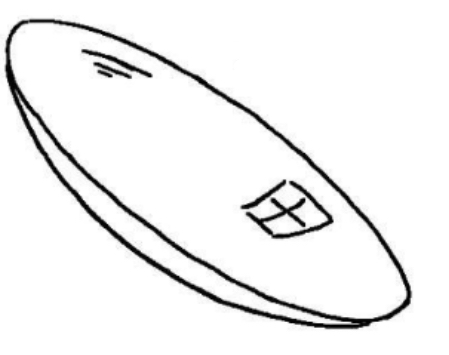
Watch Glass
Concave piece of glass used as a surface for small reactions or to cover beakers.
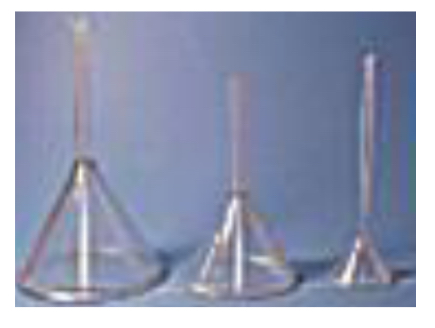
Funnel
Conical tool used to pour liquids or powders into containers with small openings.
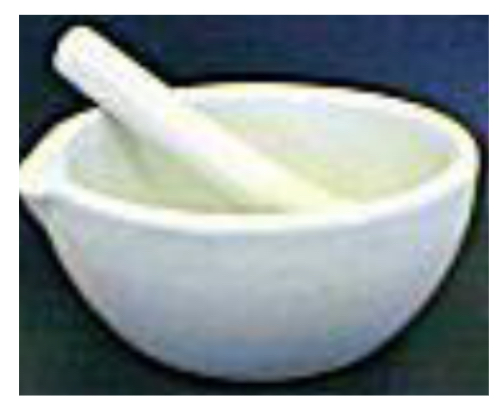
Mortar and Pestle
Porcelain or stone bowl and club used to grind solids into powders.
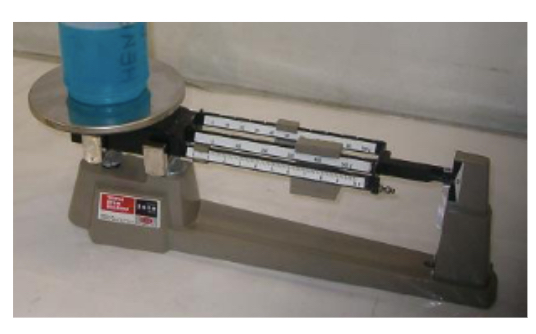
Scale/Balance
Instrument for measuring mass accurately in grams.
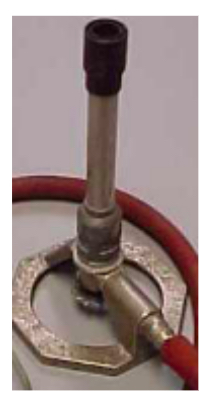
Bunsen Burner
Gas-powered burner that produces a single open flame for heating substances.
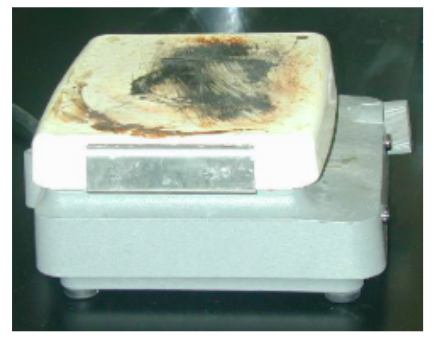
Hot Plate
Flat, electrically heated surface used to warm or boil samples without an open flame.

Ring Stand
Metal stand with a heavy base used to support clamps and rings during experiments.
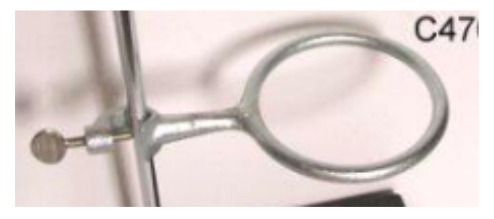
Ring Clamp
Circular metal ring that attaches to a ring stand to hold beakers, funnels, or wire gauze.
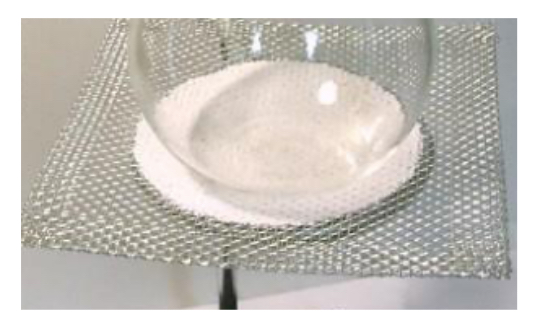
Wire Gauze
Metal mesh placed on a ring clamp to support glassware and distribute heat evenly.

Clay Triangle
Triangular frame with ceramic tubes used to support a crucible over a flame.
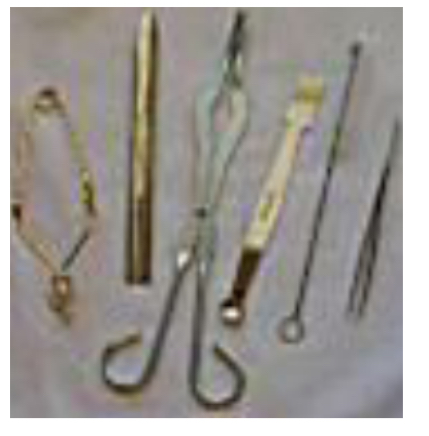
Spatula
Small metal tool used to transfer or scoop solid chemicals.
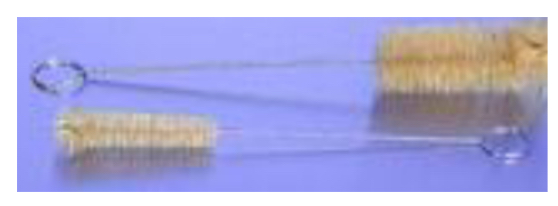
Pipe Cleaner
Flexible wire with fibers used to clean narrow glassware or guide wires in experiments.

Tweezers
Small pincers used for picking up or manipulating small objects.
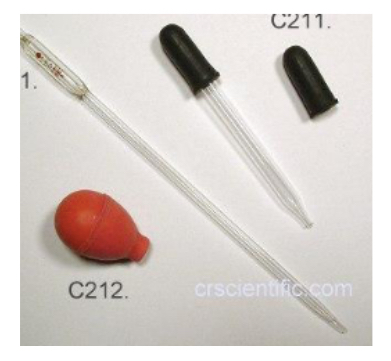
Dropper/Pipet
Glass or plastic tube with a bulb used for transferring small volumes of liquid.
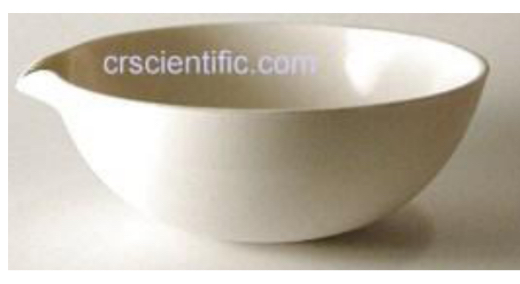
Evaporating Dish
Shallow ceramic dish used to heat solutions and evaporate solvent, leaving behind solids.
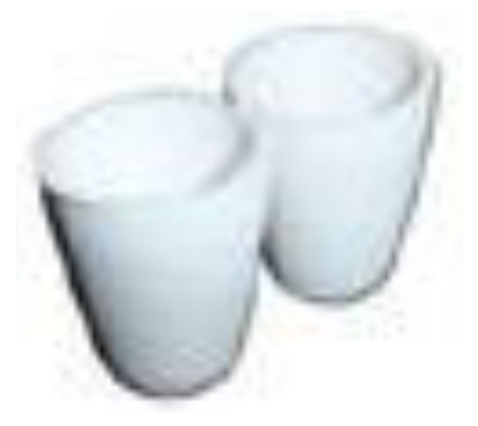
Crucible
Small, heat-resistant ceramic container used for heating substances to very high temperatures.